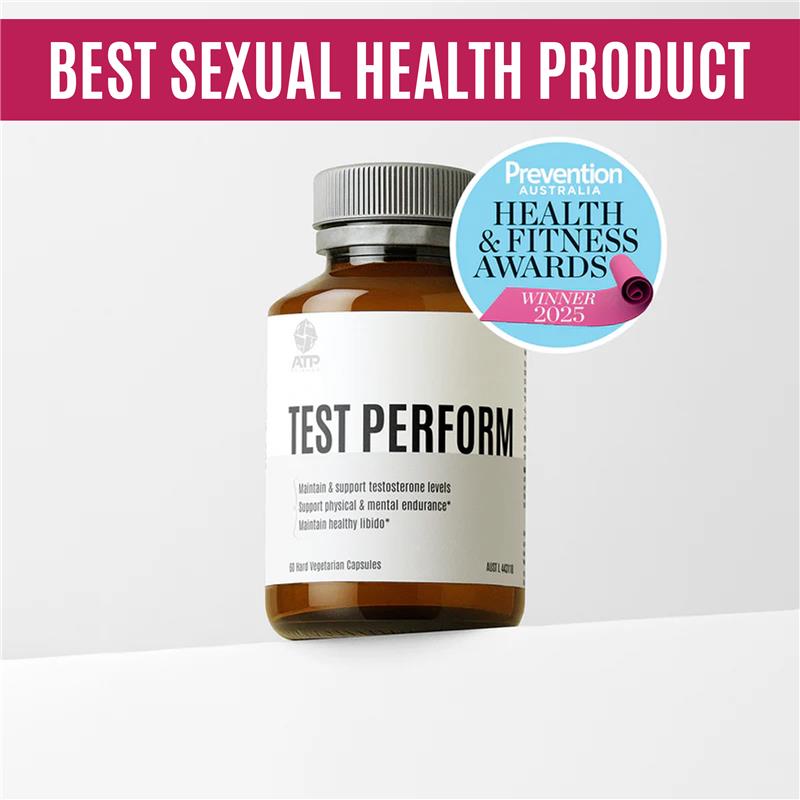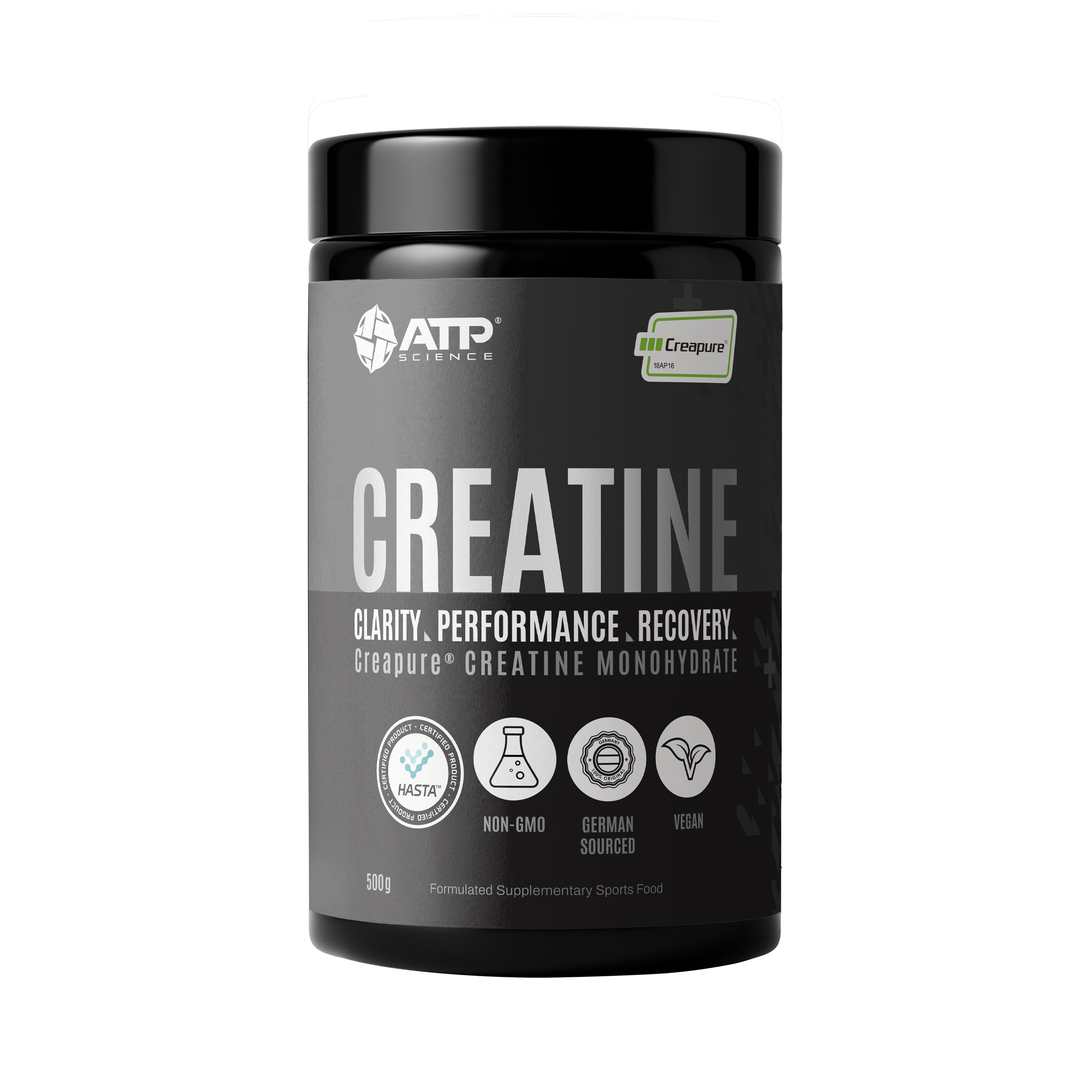Testosterone and Testicle Health - We are all familiar with the Gut-Brain connection, but a colleague of mine recently sent me a study looking at the connection between gut bacteria and testosterone production in men. He aptly called it the ‘Gut-Nut-Brain connection’ so I’m borrowing this line from him. Here is some recent research on the topic summarised below.
TESTOSTERONE AND AGEING
As we age our hormone levels slowly decline typically starting at around age 40+ or so (Harman, 2001). This decline in testosterone contributes to reduced muscle mass, fertility, sex drive, and youthfulness in men (Matsumoto, 2002). Some will accept this as their fate as an expectation of ‘normal aging’ whereas others will chase the elusive fountain of youth through the use of synthetic steroids or other hormone treatments, as well as herbal and nutritional formulas to help support testosterone production and availability.
The main reason for age-related decline in male reproductive function is thought to be largely due to age-related lesions in the testes and not necessarily irregular luteinizing hormone signaling (Haider, 2004). This may then contribute to symptoms of low androgen levels in men such as:
- Lower sperm production and fertility
- Low sex drive and sexual function
- Increased body fat (man boobs) and reduced muscle mass
- Reduce energy and physical performance
- Reduced bone mass
- Depressed mood
HOW TESTOSTERONE IS PRODUCED IN MEN
It is mainly luteinizing hormone (LH) released by the pituitary gland in the brain that regulates testosterone production by communicating to the testes and signaling for the Leydig cells inside the testes to produce and release testosterone. Only a small amount of testosterone is made by the adrenal glands in men.
Testosterone is a steroidal hormone that needs cholesterol as the first ‘ingredient’ to be synthesized. Cholesterol is then converted to pregnenolone and then DHEA before moving into the androstenedione and testosterone pathways.
GUT BACTERIA AND THE SIZE OF YOUR TESTICLE
This was a mice study using Wistar mice where males were fed lactic acid bacteria isolated from human breast milk over a period of time (Poutahidis, 2014). In general, these mice developed larger testicles and had higher serum testosterone levels than their control-group buddies.
We have to keep in mind that we have anywhere between 2,000 – 3,000 species of bacteria living in our digestive system at any point in time, so to isolate a single strain and giving it sole credit for a job well done whilst ignoring all the other strains of bacteria around it is erroneous.
However, in the name of science and just looking at this study, they found that lactobacillus reuteri – which is a common strain used in the treatment of small intestinal bacterial overgrowth (SIBO) – was largely responsible for many changes in the male reproductive system such as:
- Increased seminiferous tubules diameter
- Increased testicle size and weight
- Increased sperm production, quality, and motility
- Increased number of Leydig cells per testis where testosterone is produced
- Increased testosterone production
- Enhanced signaling and communication between FSH, LH and the testes
The question then arises whether it is the bacteria itself or the systemic effects they produce that is responsible for this boost in male masculinity.
INFLAMMATION AND MALE REPRODUCTIVE FUNCTION
Lactobacillus reuteri, like so many other gut bacterial species, have anti-inflammatory properties. So when researchers treated the mice with antibodies that block pro-inflammatory cytokine interleukin-17A, they got similar results of increased testicular mass and hormone production. To take a quote from this research paper:
These results indicate that gut microbiota induces modulation of local gastrointestinal immunity resulting in systemic effects on the immune system which activate metabolic pathways that restore tissue homeostasis and overall health (Harman, 2001).
Cortisol and the ‘Testosterone-Steal’ Effect
Cortisol is a steroidal hormone that acts as our natural anti-inflammatory. This is why cortisone injections are used in sports injuries or cortisone creams are used in inflammatory skin conditions. It is produced in the same steroidal hormone synthesis pathway as testosterone and estrogen.
Inflammation as a short-term event does not produce any long-term effects. You injure yourself, the area becomes inflamed, your body deals with it, heals the injury, and everything returns to its homeostatic conditions pre-injury.
Chronic inflammation is another story altogether.
During chronic inflammation resources are increasingly shunted towards the production of cortisol. Imagine cortisol being the water that puts out the flames of inflammation. If you are continually feeding this fire then all your body will be interested in is putting out the flames. Your libido and ability to perform goes right down to the bottom of the list of importance. This is how long-term inflammation can lead to lower levels of hormones such as testosterone.
What are some of the things that contribute to chronic inflammation?
- Unresolved infections
- Unresolved gut dysbiosis
- Chronic exposure to environmental toxins – microplastics, household chemicals, herbicides, and pesticides
- Over-training and not allowing enough time for recovery
- Diets high in processed foods, sugar, alcohol and preservatives
- Conversely diets low in polyphenol-rich fruits and vegetables
Aromatization and Making More Estrogen
Aromatization is a process through which androgens are converted to estrogen (estradiol). As the name suggests the enzyme responsible for this process is aromatase and its job is to maintain homeostasis between all the hormones in both men and women. But like with most things there are events that can disturb this fine-tuned balance.
Inflammation, too much alcohol and carrying too much body fat in obesity can increase the action of the aromatase enzyme and convert more testosterone to estrogen in men resulting in lower testosterone and higher estrogen levels.
Taking testosterone as a steroidal hormone supplement can have the same effect as the body tries to deal with the high testosterone load that is being introduced. Men produce on average about 7mg of testosterone per day with testosterone injections often being at levels of 100mg at a time. This is way more than is needed to maintain optimal reproductive function in men, so the body reacts by converting it to estrogen.
In short, the following things can increase aromatization and decrease testosterone levels:
- Steroidal hormone abuse
- Chronic inflammation
- Diets high in processed foods, sugar, alcohol and preservatives
- Conversely diets low in polyphenol-rich fruits and vegetables
- Weight gain
- High stress
- Lack of exercise
ALDEHYDES
Lactobacillus reuteri contains its own Alcohol Dehydrogenase (ADH’s) and Acetaldehyde Dehydrogenase (ALDH’s) enzymes. In fact, it contains three types of ADH enzymes (Chen, 2016). As the names suggest ADH enzymes are a diverse group of enzymes involved in the interconversion of alcohols and aldehydes or ketones (Edenberg, 2007). ALDH enzymes metabolize aldehydes.
Aldehydes are found in:
- Vitamin A – as retinaldehyde
- Formaldehyde
- Alcohol
- Perfumes
- Paint
- Detergents
- Flavors – cinnamaldehyde, citral and lilial
This could be another potential pathway in which bacteria such as L. reuteri may be reducing inflammation and oxidative stress and support healthy male reproductive function.
SOLUTION = REDUCE INFLAMMATION AND IMPROVE GUT HEALTH
The gut plays a huge role as a source of chronic inflammation. Poor food choices and overgrowth of dysbiotic bacteria are probably the biggest sources of chronic inflammation in today’s modern society. Many environmental chemicals like glyphosates and other preservatives have also been linked to poor gut health as they inhibit the growth of beneficial organisms.
It makes sense that cleaning up your diet and your gut environment will go a long way in improving hormone production and supporting reproductive function. The study discussed above is a perfect example of this.
SUMMARY
It is clear that increased inflammation as men age may contribute to lower testosterone levels as well as testicular atrophy. All the years of drinking too much alcohol, poor diet, eating too much sugar and gluten, lack of good quality anti-inflammatory vegetables, over-training and ignoring gut symptoms from chronic gut dysbiosis is likely to catch up with you at some stage unless addressed early on.
It is also clear that there are certain benefits to breastfeeding with high levels of lactobacilli bacteria present in breast milk having more biochemical effects than just on the digestive system.
And the good news is that it’s never too late! The effects of aging on the male reproductive system seem to be reversible when the gut microbiota is modified and inflammation is reduced.
References
https://www.ncbi.nlm.nih.gov/pubmed/11158037/
https://www.ncbi.nlm.nih.gov/pubmed/15037365/


















